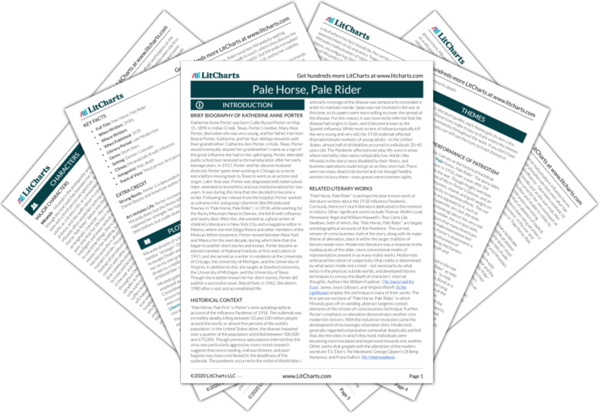Adam is gone. Miranda cannot summon forth his image: she can only mourn the loss of him. She also mourns for her own life: for all the alienation, tragedy, and death she will be forced to grapple with for the rest of her life. The final line of story, “Now there would be time for everything,” is a reference to Ecclesiastes 3 in the Old Testament. In its biblical interpretation, the line invites the reader to be hopeful, even in the face of tragedy. The world may be full of death and suffering, but God also provides the possibility of life and redemption—there is a time and place for everything. But Miranda’s application of the passage is ironic and cynical. To her, “everything” does not include hope or joy or healing—in life, Miranda laments, there is time only for grief, suffering, and death.


